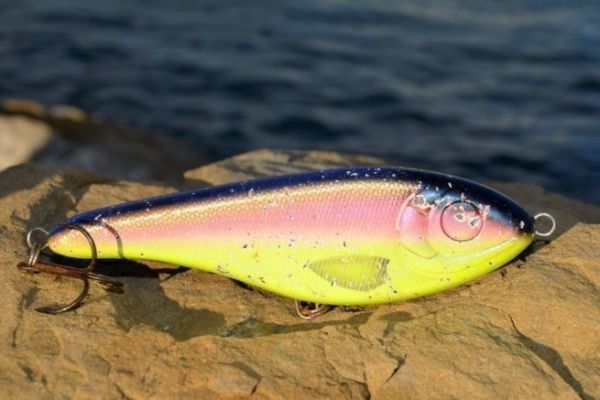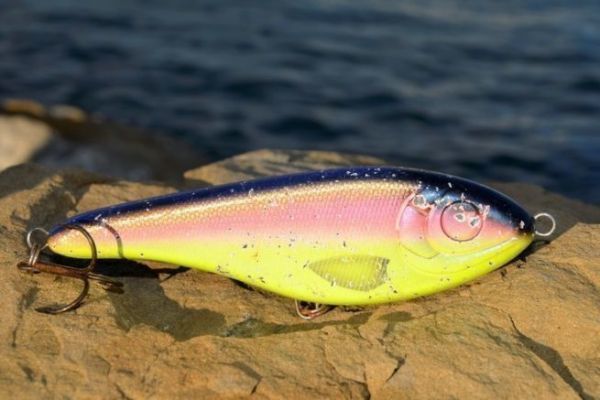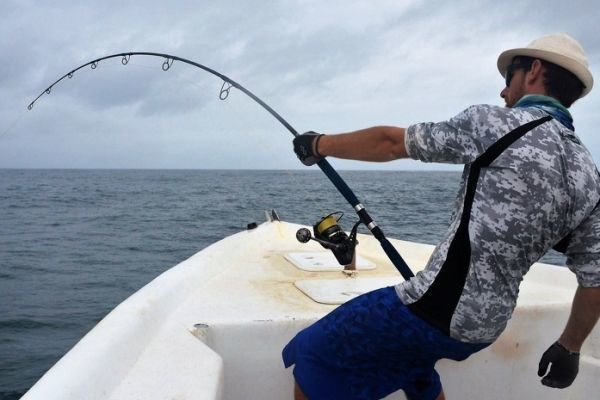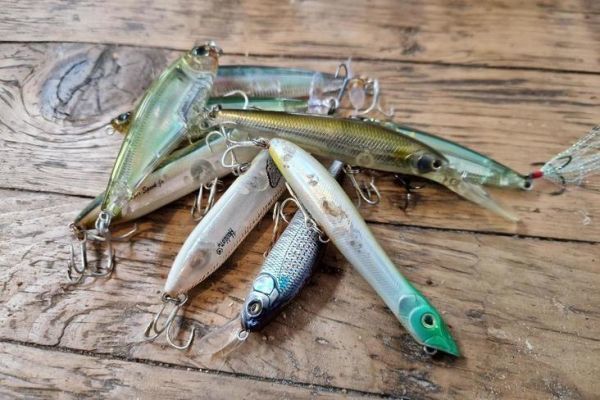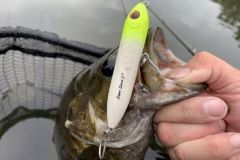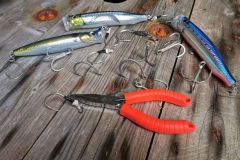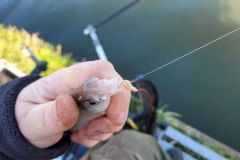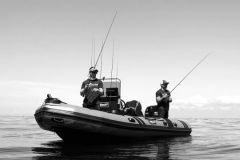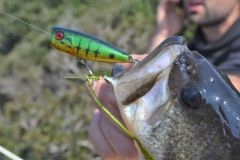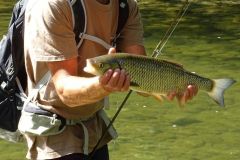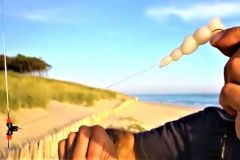Identifying a rusty spot on a hook
Although it may seem obvious, it is important to identify rusty spots when they appear. Some parts of a hook can be rusty without affecting the effectiveness of the hook.
A coating is often applied to the hooks to prevent them from being shiny, almost all black hooks have this coating. This coating tends to rust quickly, especially when it has been in contact with a rock or the teeth of a fish. A spot of rust on this type of hook, as long as it is not on the point, does not require a change.
Just check the sharpness of the tip, if it penetrates easily, keep it. Rust spots frequently appear at the barb and are not troublesome.
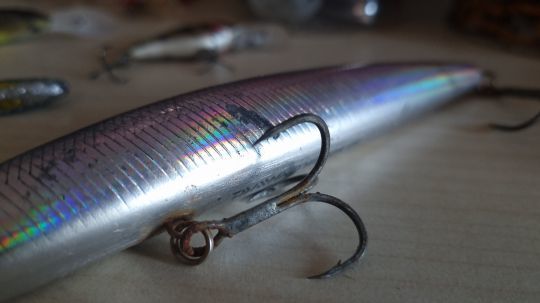
A tip that no longer stings
Repeated use of a hook at sea inevitably causes the point to lose its sharpness. Of course, a poor quality hook will dull more quickly than a high quality hook. However, the best hooks on the market are not indestructible.
If you don't want to change them frequently, use a small file to help the hook stay sharp over time. If you're fishing rocky shores, hooking with a lure may not only dull the point, but also twist it.
When the tip of a hook is bent (a few millimeters), the sting disappears completely. You can choose to twist the tip and risk breaking it, but this may be a good option if you don't have enough money to change the hook at the water's edge.
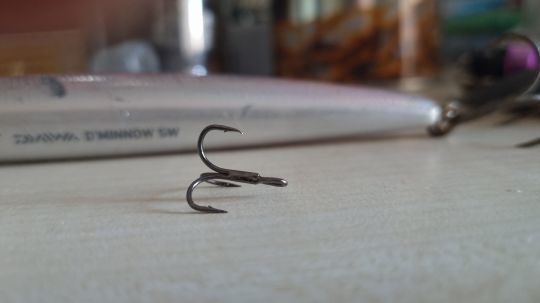
An open hook
Some hook designs can sometimes open under tension. An open hook can be reset as long as the material is not brittle. You will probably encounter hooks that bend without breaking or others that break before they bend.
In fine fishing, a hook that has been opened after a snag can be reset. If the hook has opened during a fight, it is better to change it. For sport fishing such as tuna or various pelagics, an open hook must be changed.
I've had problems with a treble hook with a bent or broken leg that still worked perfectly with the remaining two legs. Of course a treble hook with two legs is no longer a treble hook, but in fishing action we don't always have time to replace it.
Some fish with powerful jaws can also crush your hooks by folding them in on themselves and rendering them totally ineffective.

 /
/ 